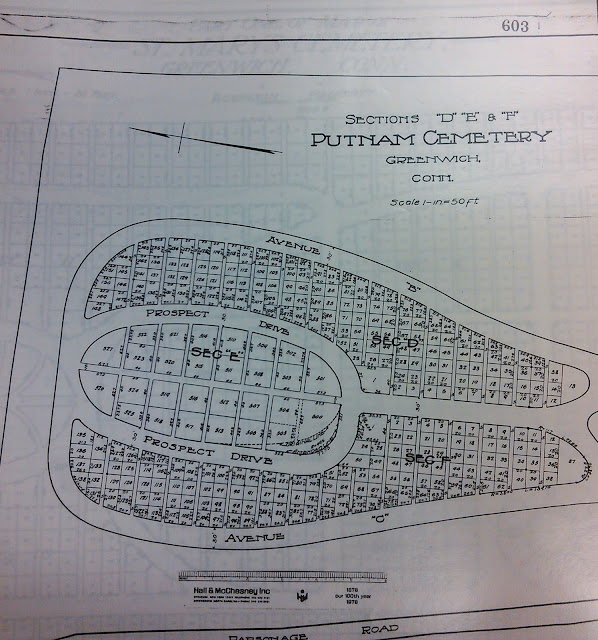MILO MEAD'S PROPOSITION TO THE TOWN
The Route Surveyed-Mr. Mead Offers Land for More than Half the Way-Road Starts at Voorhis' Quarry and Runs to Byram Road-Distance 2,307 feet-The matter Comes Up at Town Meeting.
Milo Mead, the sage of New Lebanon, and one of the most public spirited in the town-would that we had many more such, will ask the town to construct a road from Greenwich to New Lebanon, he, to survey the road and give all the land on his property through which it passes.
If Mr. Mead was a real estate agent or a schemer in the land business, it would be inferred that this was one of those jobs, sometimes rushed through at town meetings, whereby an individual gets a road made through his property, which benefits chiefly himself, and the town pays for it.
Mr. Milo Mead is not that kind of a man. He takes great pride in New Lebanon, and anything that he considers will benefit property in that locality, if it is possible, the project is carried through. Mr. Mead is not a drone, neither does he travel in a stage coach, the trolley suits him, he lets others stick to the ideas of one hundred years ago. One has only to go to New Lebanon and Byram shore and see what he has done for that section of the town and the conclusion is forced upon him that Mr. Mead is no fossil.
They say down there that he sleeps half of the night, and the other half lies awake thinking of what he can do to boom New Lebanon.
About this new road, there is a map of it on the last page, which will give a pretty good idea of where it is located and the connections it makes with existing roads.
It starts about in front of the farmhouse at Mr. John Voorhis' quarry. The route has been surveyed and the stakes indicate where the course of the road is.
It runs through the land of Underhill Lyon a distance of ____ feet, through land of Thomas Ritch 433 feet, through land of Milo Mead 636 feet and Deborah Mead 433 feet.Mr. Mead will give the land through his property and Deborah Mead all do so also. Making a distance of 1091 feet which is about half the distance. Whether Mr. Lyon or Mr. Ritch will do likewise is not known, for they are non-committal on the subject.
Mr. Milo Mead has no interest in this project other than a public spirited one. He says it will help his property some, but it will greatly benefit New Lebanon and Byram shore, for it will bring them in close touch with Greenwich, and shorten the distance, more than one half, than by the Post Road. It would make another of those Charming drives, away from the main road, for which Greenwich is famous.
The total length of the road is 2,307 feet, not quite a half a mile. Mr. Mead estimates that it would cost about $2000 to build it, and this includes buying the land through the property of Underhill Lyon and Thomas Ritch if they should demand payment for it.
The matter will come before the annual town meeting Monday, October 2, when the subject will be fully discussed, and it is hoped that Mr. Mead's proposal will be accepted.











